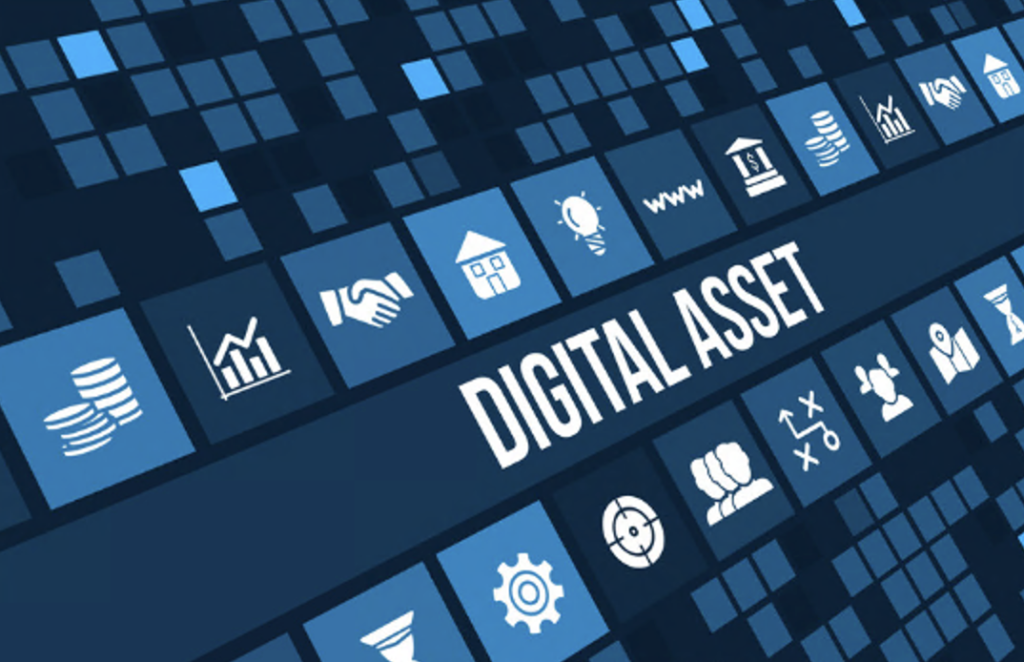Estate Planning for Your Digital Assets

In today’s digital age, estate planning goes beyond deciding what will happen to your physical possessions: it extends to your digital assets as well. As you increasingly rely on technology for various aspects of your life, it is crucial to consider what will happen to your digital assets after you pass away. Without proper estate planning for your digital assets, they can be lost or inaccessible to your loved ones who may need access or want to preserve them in your memory.
What is a Digital Asset
A digital asset refers to any form of valuable content or information that exists in a digital format. Digital assets have gained significance due to their ability to be easily stored, shared, and accessed across different platforms and devices. They provide individuals and businesses with the opportunity to create, distribute, and monetize their content in ways that were not possible before.
The value of digital assets lies in their ability to generate revenue or provide utility. For example, a company may use its digital assets to promote its products or services online and attract customers. Similarly, an artist may sell their digital artwork as limited edition prints or license it for commercial use.
Types of Digital Assets
Digital assets can take various forms, including personal information you have stored on your computer, cell phone, or tablet. Some examples are:
- Online accounts – social media profiles, email accounts, online banking, e-commerce or marketplace accounts, and investment platforms.
- Intellectual property – blogs, websites, digital images or videos, music files, documents, PDFs, and written works.
- Cryptocurrency – Bitcoin wallets and other forms of virtual currency.
- Digital media subscriptions – streaming services like Netflix or Spotify.
How to Add Your Digital Assets to Your Estate Plan
To ensure that your digital assets are properly managed and distributed according to your wishes after you’re gone, it is essential to create a comprehensive estate plan that includes provisions for these assets.
Take Inventory of Your Digital Assets
It is crucial to maintain an updated list of all your digital assets along with relevant login information and passwords. Additionally, you should update your list of digital assets as you delete them or create new ones. This will make it easier for your loved ones to locate and access these assets when the time comes.
Create a Plan for Your Digital Assets
After you’ve created a list of all your digital assets, you need to decide how you would like your digital assets to be distributed or otherwise handled. This may include deciding which digital assets you want to pass on to certain friends or family members, and which you would like deleted or erased completely.
Assign a Digital Executor
After deciding how you want your digital assets to be handled or how you want them to be distributed, you should designate someone as your digital executor. The person you appoint to be your digital executor will be in charge of handling the transfer or deletion of your online accounts and managing their distribution.
By incorporating estate planning for your digital assets into your overall estate plan, you can have peace of mind knowing that everything from sentimental photos to valuable intellectual property will be handled in accordance with your wishes. Don’t overlook the importance of securing the future of your digital legacy – start planning today!
This content is provided for general informational purposes only and does not constitute financial, investment, tax, legal or accounting advice nor does it constitute an offer or solicitation to buy or sell any securities referred to. Individual circumstances and current events are critical to sound investment planning; anyone wishing to act on this content should consult with his or her financial partner or advisor.